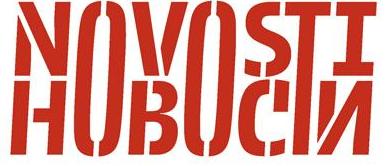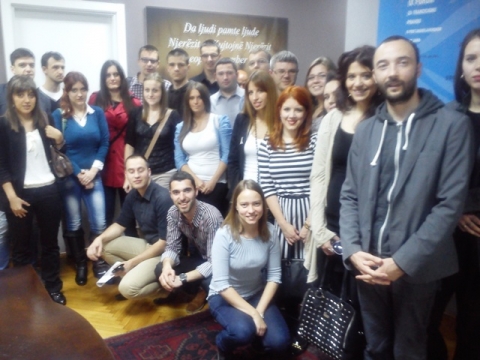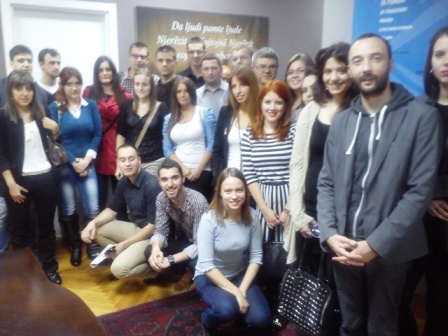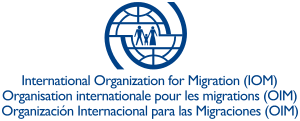(srpski) Christian Axboe Nielsen: Pristup dokumentima bivše vlasti važniji je od lustracije

Sindrom balkanskog špijuna i dalje vlada ovim prostorima. Umjesto da se suočavaju s društvenim, ekonomskim i političkim problemima, ljudi ovdje radije prihvaćaju mutna objašnjenja da tajne službe – one prošle i sadašnje, domaće i strane – još uvijek u značajnom dijelu upravljaju društvom. Namjera mi je, kao i mnogim ovdašnjim kolegama, otvoriti relevantno arhivsko gradivo, razbiti famu o balkanskom špijunu i omogućiti građanima da sami dođu do svojih zaključaka, poruka je Christiana Axboea Nielsena, danskog povjesničara, sveučilišnog profesora, bivšeg analitičara Haškog suda i svjedoka na suđenju Radovanu Karadžiću, Momčilu Krajišniku, Mići Stanišiću, Stojanu Župljaninu i Goranu Hadžiću. Nielsen je u sklopu svoga novog istraživanja povijesti javne i državne sigurnosti socijalističke Jugoslavije nedavno posjetio i Zagreb.











 Students from various universities in Serbia and human rights organizations’ activists, who attend a seminar organized by OSCE in Serbia titled “Dealing with the Past and Judicial Institutions”, visited the Humanitarian Law Center (HLC) on Friday, October 25th, 2013.
Students from various universities in Serbia and human rights organizations’ activists, who attend a seminar organized by OSCE in Serbia titled “Dealing with the Past and Judicial Institutions”, visited the Humanitarian Law Center (HLC) on Friday, October 25th, 2013.

